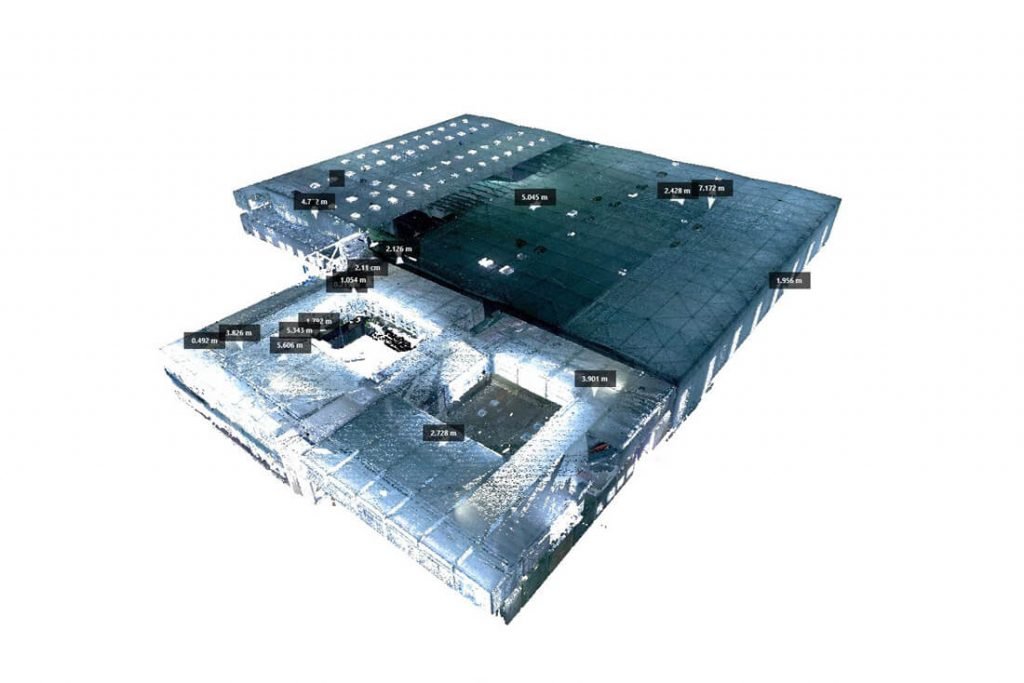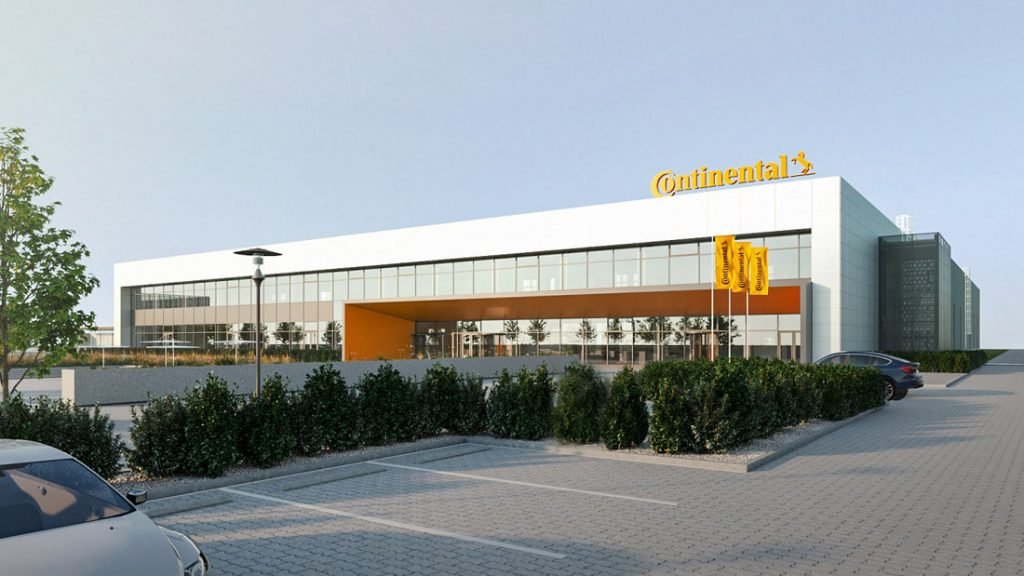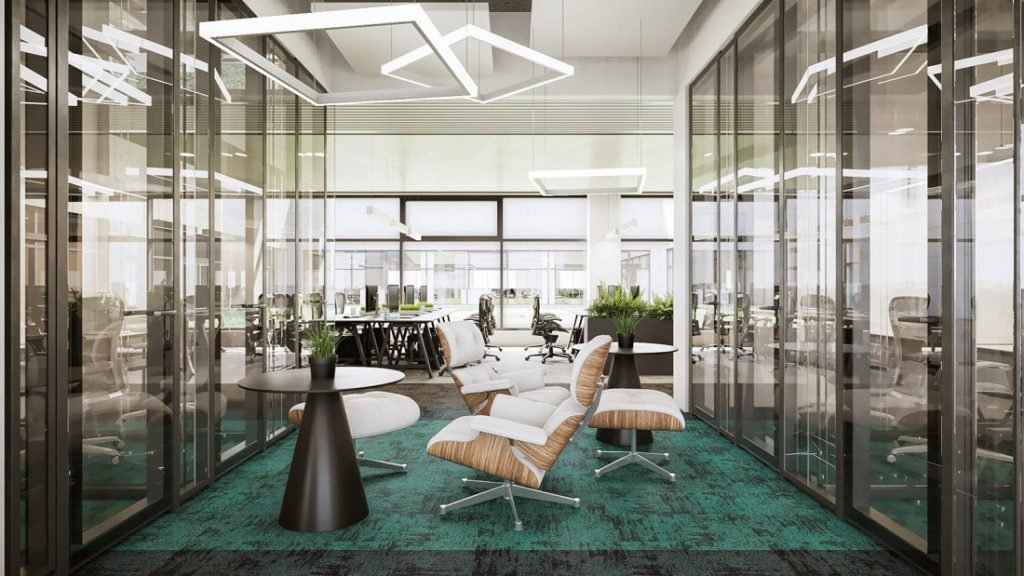Continental plant: an example of technological innovation
The production complex being built in Kaunas by German industrial giant Continental has already been awarded for its advanced building information modelling (BIM) technologies. However, Baltic Engineers, the company taking care of plant design and construction management, is not limiting itself to the design process – on the construction site, it is testing completely new tools and methods which are likely to become an example for other industrial companies.
BIM: for design and construction
Baltic Engineers was one of the first in Lithuania to start comprehensively using information modelling tools. According to managing director Darius Kvedaras, in implementing this project, they managed to successfully integrate BIM capabilities from the emergence of the design concept right to the construction site. Using modern project development and management methodology, project quality, work deadlines, resources, and the future construction budget can be controlled at each stage, and later, construction progress and management and building maintenance and operation can be monitored as well.
The company is trying to avoid using stacks of printed documents on the construction site. The digital design is not only easily accessible to engineers, contractors and supervisors – is also easy to understand thanks to AR (augmented reality) technology. “The building’s spatial model and project documentation are available on mobile devices, and when you point the tablet at the part of the building you’re interested in, you can see the construction elements that will have to be installed on the screen,” said Mr Kvedaras.

Used 3D scanning
In providing Engineering, Procurement and Construction Management (EPCM) services for the approximately 16,000 m2 Continental plant project, Baltic Engineers specialists used both augmented reality technology as well as a digital twin of the building. In other words, a virtual model that reflects the actual state of the building for a specific work phase.
Construction is regularly scanned with a 3D scanner, and the accumulated point cloud is transformed into a 3D model that you can walk around on your computer screen and make measurements or leave comments. Spatial scanning not only makes it easier to control the quality of the construction work – it also facilitates in further building maintenance, since once it is in use, the manager is given the ability to check where and how “hidden” engineering systems were installed at any time.

Model project
Continental aims to become the first factory in Lithuania to become LEED (Leadership in Energy and Environmental Design) Gold certified for design and construction. In addition, the complex will have to meet the highest reliability standards according to FM Global requirements. It will also be possible to use automated devices in accordance with Industry 4.0 requirements at the modern, high-tech plant, and thanks to the comprehensive system of ventilation units and large amounts of air, a highly accurate micro-climate will be maintained in the production areas.
“We have worked with different industrialists in as many as four Free Economical Zones (FEZ) areas, where more and more new, modern buildings have been being built lately. The Continental project stands out from all of them, both in terms of its investment size and its extremely high quality requirements. The advanced design and construction methods implemented here will probably become a good example not only for industry, but for the entire Baltics construction sector,” says the Baltic Engineers managing director.
Baltic Engineers is an engineering consultancy and project management company that is one of the largest companies in Lithuania providing design, project management and construction supervision services. The company is known not only for its successfully implemented industrial buildings, but also for the IKEA projects in Vilnius and Riga. The company operates according to ISO quality standards and is a licensed BREEAM assessor.












